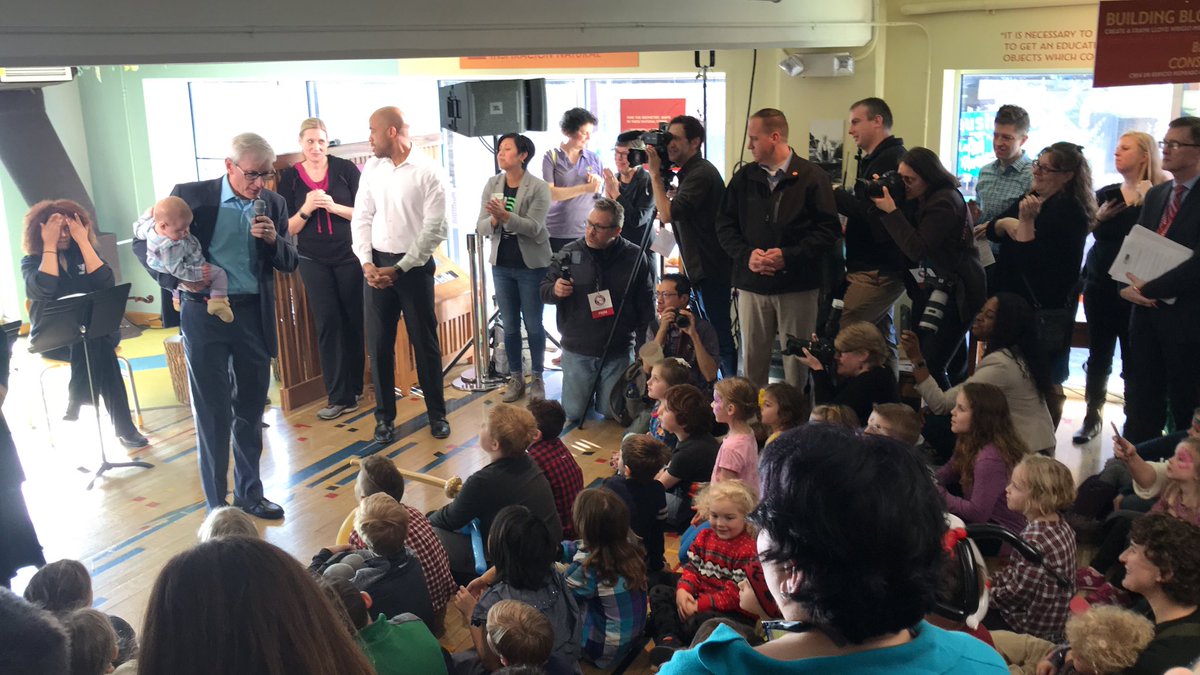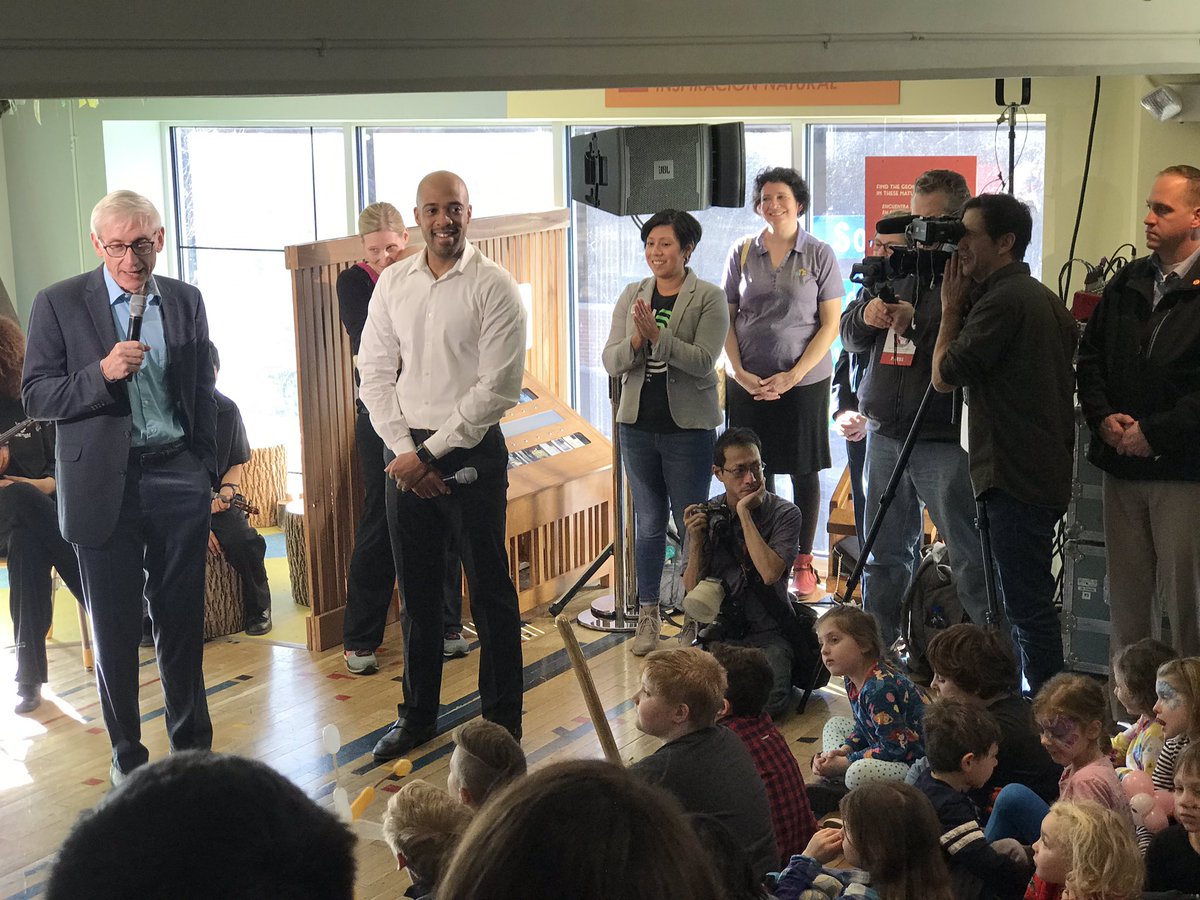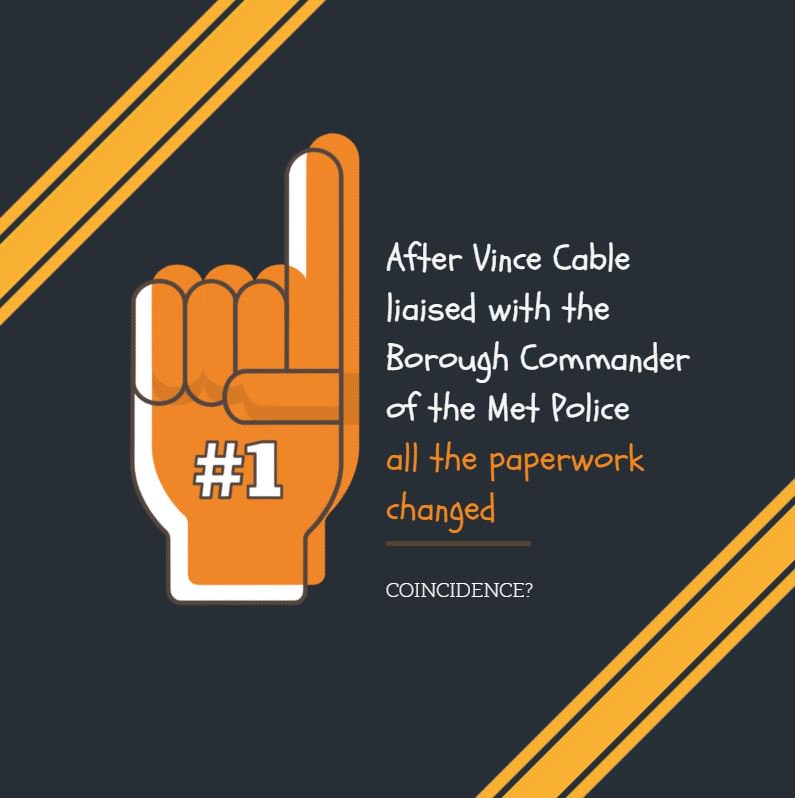Arlie Hochschild, the sociologist who invented the term, says it’s specifically about managing your emotions.
Remembering the kids’ schedules & your mother-in-law’s birthday? That’s just regular cognitive labour.
theatlantic.com/family/archive…
Hochschild’s focus is on whether the labour is alienating. But it can also be fun!
“If you’re the one that people are turning to for advice … Chances are you’re gratified at being able to help people.”
“If we talk about all the unpaid labor women do in the home as ‘emotional labor,’ we’re insinuating that any kind of labor that falls most often to a woman is ‘emotional.’”
This feminises the work, and suggests “It’s inherently, then, a female thing.”
Jess Zimmerman, 2015: the-toast.net/2015/07/13/emo…
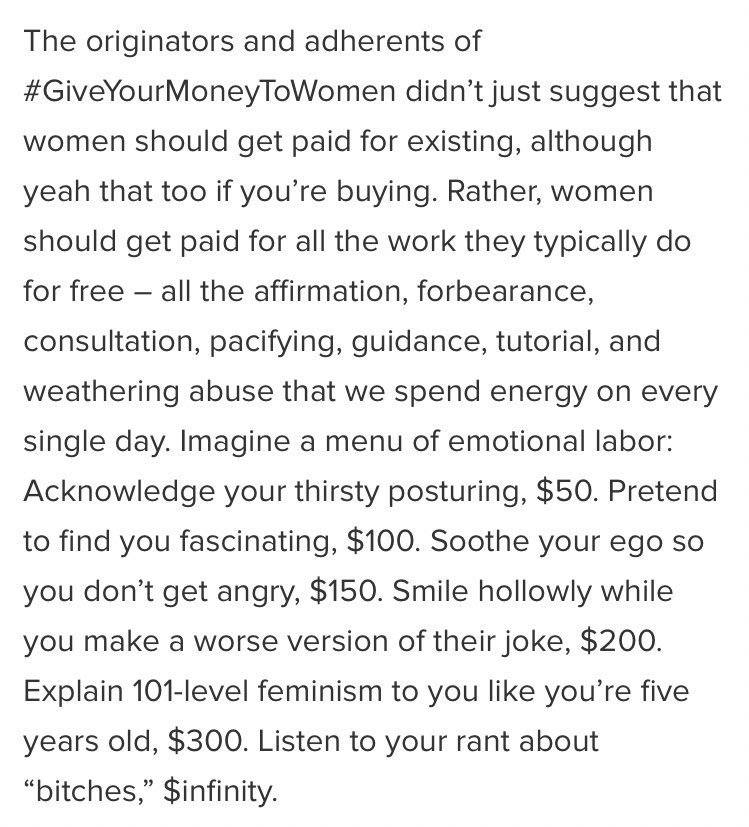
“Added to a feminist concern for equity… we need to add clarity about our social-class position & explore the idea of alienation.”
ie The problem is not this care-giving labour in itself, but the fact it’s become exhausting to people.
the-toast.net/2015/07/13/emo…
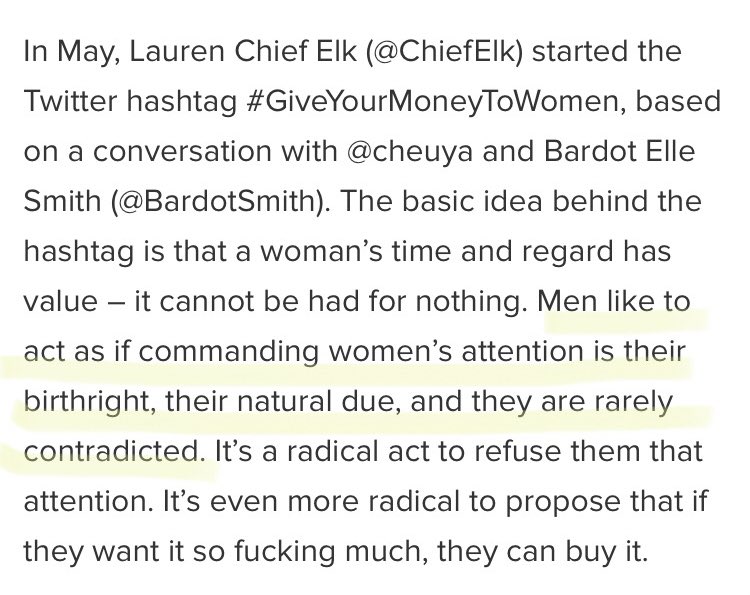
That’s not radical - that’s just capitalism! It’s market logic expanding into new frontiers of life.
Being paid for emotional labour doesn’t stop it being emotional labour. & emotional labour isn’t in itself bad. The problem is alienation
In the family, “I don’t think it’s a solution if both husband and wife are now 50-50 with alienated labor.”
The real goal is not to redistribute alienating labour more equitably or to get paid for it, but *fix the conditions that make it alienating.*
This is heteronormativity as normal.
Don’t ask me to believe this commodification is radical, or disrupting gender relations. But neither do most ways of earning a living. So I only fault the mystification.
• A good thought experiment for making visible the value in it
• Less ideal in practice, as it furthers the dominance of the market in our lives
The debate here is whether this emotional labour is paid *enough*. In salespeople, often yes. Teachers, nurses, childcare workers: arguably no.
Discussion spurred by this interview with sociologist Arlie Hochschild here: theatlantic.com/family/archive…
Buy her book: ‘The Managed Heart: Commercialization of Human Feeling’ (1983) here: amazon.co.uk/dp/0520272943/…

